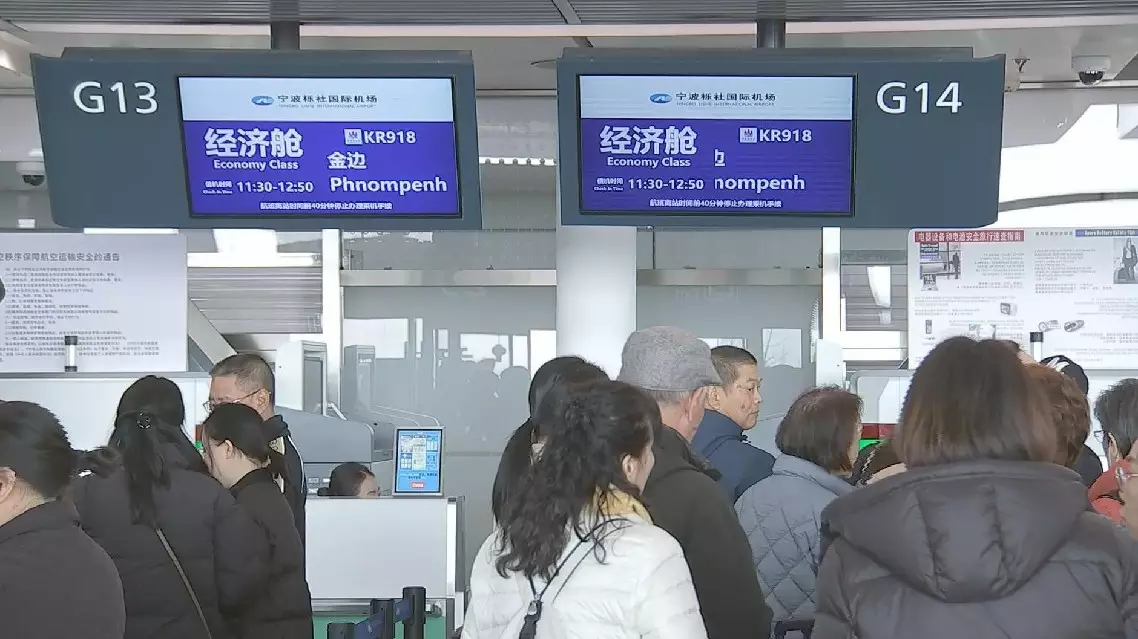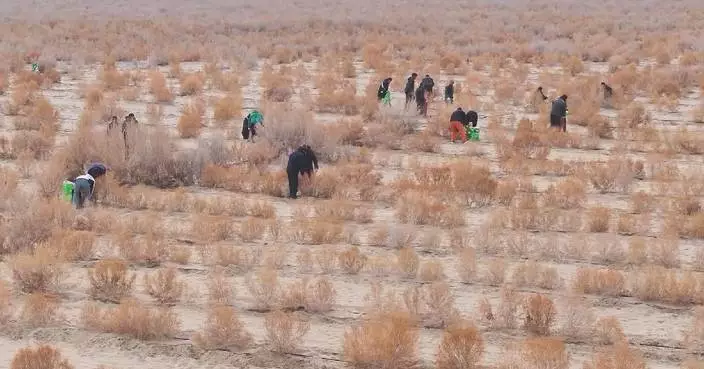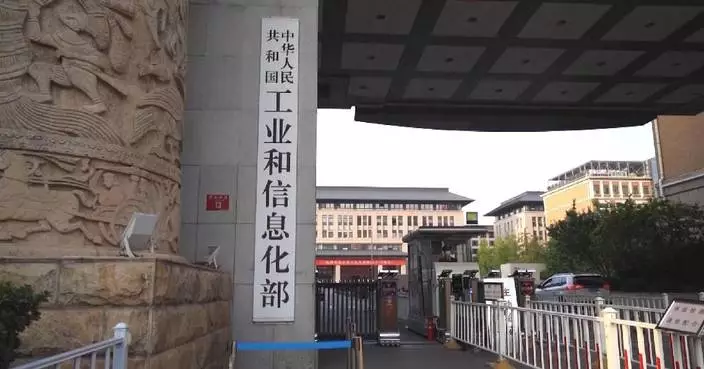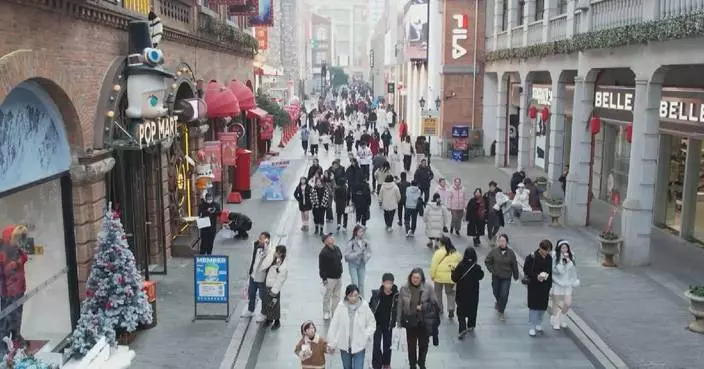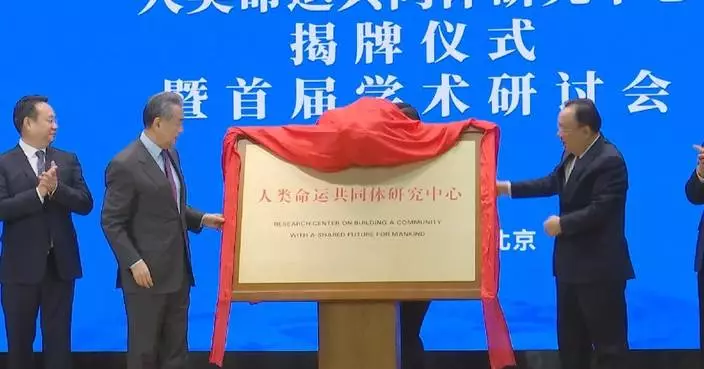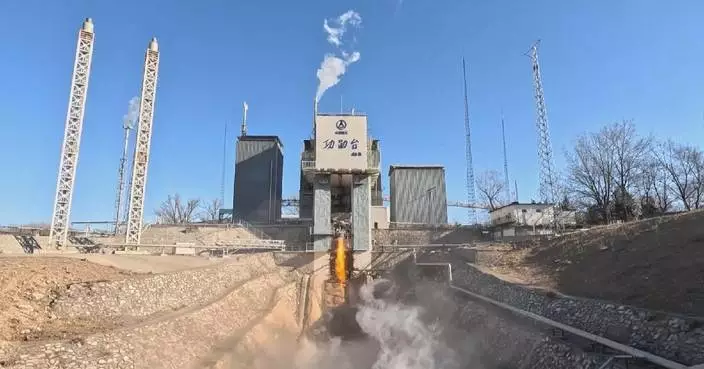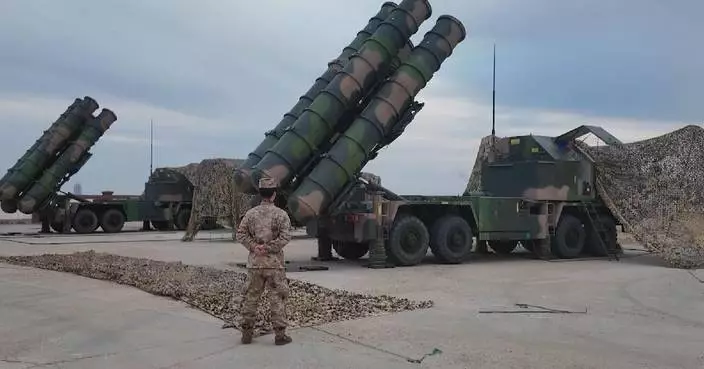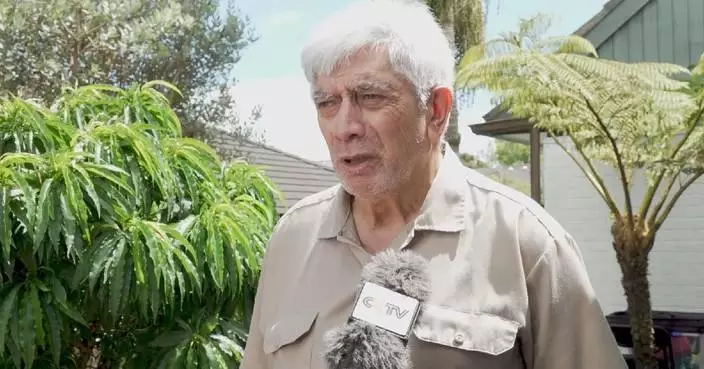Japan is deeply concerned about the potential impact of a second Trump presidency on the country's economy and the international order, a Japanese scholar said, calling on the government to develop an independent foreign policy and improve relations with China.
Major Japanese media outlets like Kyodo News and The Asahi Shimbun noted that, considering Donald Trump's "America First" policy and his unpredictability, Japan-U.S. cooperation in various fields could face uncertainty.
Following Trump's landslide victory in the 2024 U.S. presidential race, the Japanese yen briefly fell below the 154 line to the dollar, hitting its lowest level since July. Japan's Finance Minister Katsunobu Kato said on Friday that if the yen experiences excessive fluctuations, appropriate measures will be taken.
During his first term as U.S. president, Trump pushed for heavy tariffs on goods imported from other countries, and even U.S. allies like Japan and Australia couldn't be spared.
With Trump coming to power again, Japanese media worry the past will repeat itself.
The Asahi Shimbun newspaper noted on Thursday that one of Trump's key campaign promises was to impose tariffs of 10 percent to 20 percent on all imported products into the United States.
In a recent interview with China Media Group, Sahashi Ryo, an associate professor with the Institute for Advanced Studies on Asia at the University of Tokyo, said that Japan will face even greater uncertainty in many areas in the "Trump 2.0 era".
"This time, the problem is that a second Trump administration will be more difficult to deal with than the previous one. Trump personally pursues his own prestige and will continue to implement an 'America First' foreign and economic policy. He may introduce some highly unconventional policies by playing the tariff card frequently. In addition, the influence of those within the Republican Party who adhere to the 'America First' ideology will likely become stronger. As a result, cooperation with the U.S. will become very challenging within the framework of free trade and international collaboration," said the scholar.
After the U.S. election results were announced, major Japanese manufacturing enterprises have expressed deep concern over the future trade with the U.S.
According to NHK, Masahiro Moro, president and CEO of Japanese auto giant Mazda, said that during Trump's first term, the company's factory in Mexico faced significant challenges when exporting products to the U.S., and now they have to prepare for more difficulties to deal with a second Trump administration.
Other Japanese business leaders, including Makoto Uchida, president and CEO of Nissan Motor, and Taro Fujie, president and CEO of Japan's multinational food manufacturer Ajinomoto Co., Inc., said that they are closely watching the changes in U.S. economic policies.
Japan's Nippon Steel is attempting to purchase U.S. Steel, which may face greater challenge after Trump assuming office. Nippon Steel Vice Chairman Takahiro Mori said on Thursday that the company would push to complete the acquisition plan when Biden is still in power.
"Japan has begun to realize that the United States can no longer shoulder the role as an advocate for coordinating and supporting the international order. Free trade is facing threats, and the establishment of global rules has become increasingly difficult. From this perspective, Japan needs to begin cooperating with countries in the Global South. Even in areas where the U.S. is not involved, Japan must make efforts to expand international cooperation. In the face of a world where uncertainty is growing and the future remains unclear, Japan must develop a new diplomatic stance," said Moro.
The U.S. Federal Reserve just announced on Friday to cut its benchmark rate by 25 basis points to a new range of 4.5 percent to 4.75 percent as a result of its first monetary policy meeting following the U.S. presidential election.
Market analysts believe that although the Fed's rate cut has narrowed the policy interest rate gap between the U.S. and Japan, the yen still faces downward pressure. Since Japan has long relied on imports of essential goods such as oil, natural gas, and food from abroad, a weaker yen would significantly increase production costs and impose heavier burden on people's life.
Another issue worrying the Japanese government is whether Trump, upon taking office, will once again threaten to withdraw U.S. troops and demand that Japan pay more for hosting U.S. military forces in the country.
According to Kyodo News, in 2019, the then Trump administration asked Tokyo to roughly quadruple the amount it contributed to the costs of maintaining U.S. troops in Japan.
Although the Biden administration took over the negotiations and ultimately agreed to only a slight increase in Japan's contributions until fiscal year 2026, it remains a "painful memory" for Japan. After Trump assumes office in January next year, Japan will face budget negotiations for fiscal year 2027 and beyond. Japanese media outlets, including Kyodo News, believe that once these talks begin, the U.S. may likely demand significantly higher financial contributions from Japan as part of the bargaining terms.
An opinion piece published by The Asahi Shimbun on Friday suggested that once Trump assumes office, he may demand the U.S. allies ramp up their defense spending substantially, leaving the Japanese government in a state of anxiety.
Before Fumio Kishida stepping down as Japanese prime minister, Japan already decided to gradually raise its defense budget to 2 percent of its GDP. With Trump back in power, experts hold that Japan may be further pressured to spend more on national defense.
"In the next four years, the post-Cold War international order may undergo a significant shift toward reconstruction. From this perspective, in order to ensure that the new order brings some benefits to Japan, we will need to place greater emphasis on an independent foreign policy. Therefore, I believe Japan's relationship with China will become very important. I hope Japanese politicians will seriously work to improve and deepen Japan-China relations," said Moro.
According to the data released by the Board of Audit of Japan, in the previous fiscal year, the depreciating yen has swelled the Defense Ministry's fiscal 2023 costs through a U.S. equipment procurement program by 123.9 billion yen (about 818 million U.S. dollars) more than initially anticipated. The Japanese government will face even greater financial pressure due to a weaker yen and potential increases in defense spending.
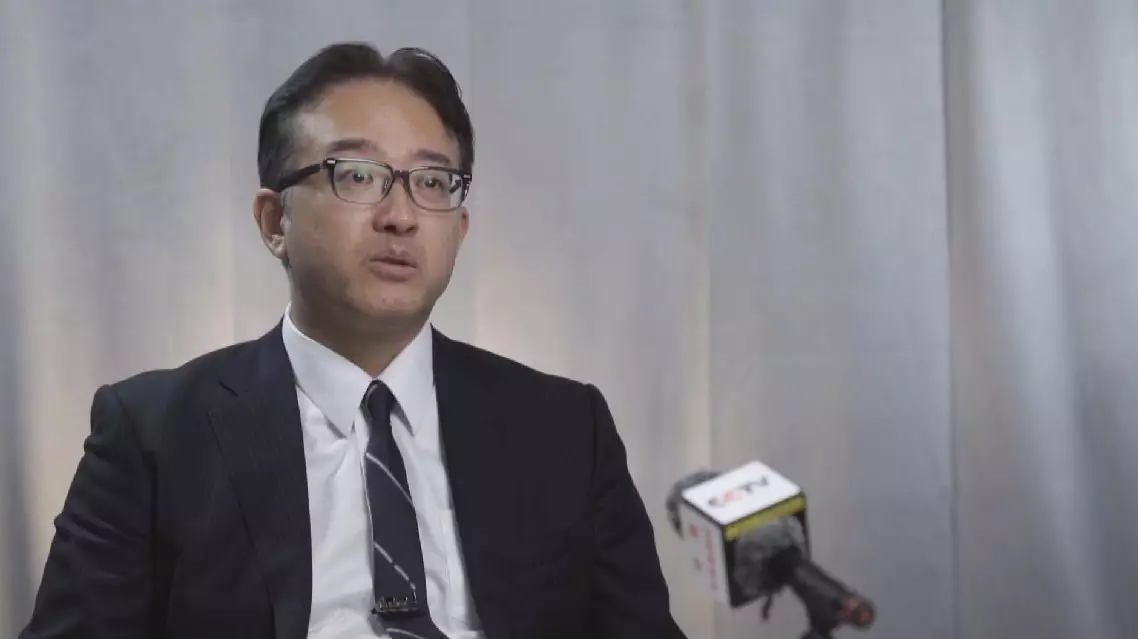
Japan to face greater economic challenge, financial pressure in "Trump 2.0 era": expert


